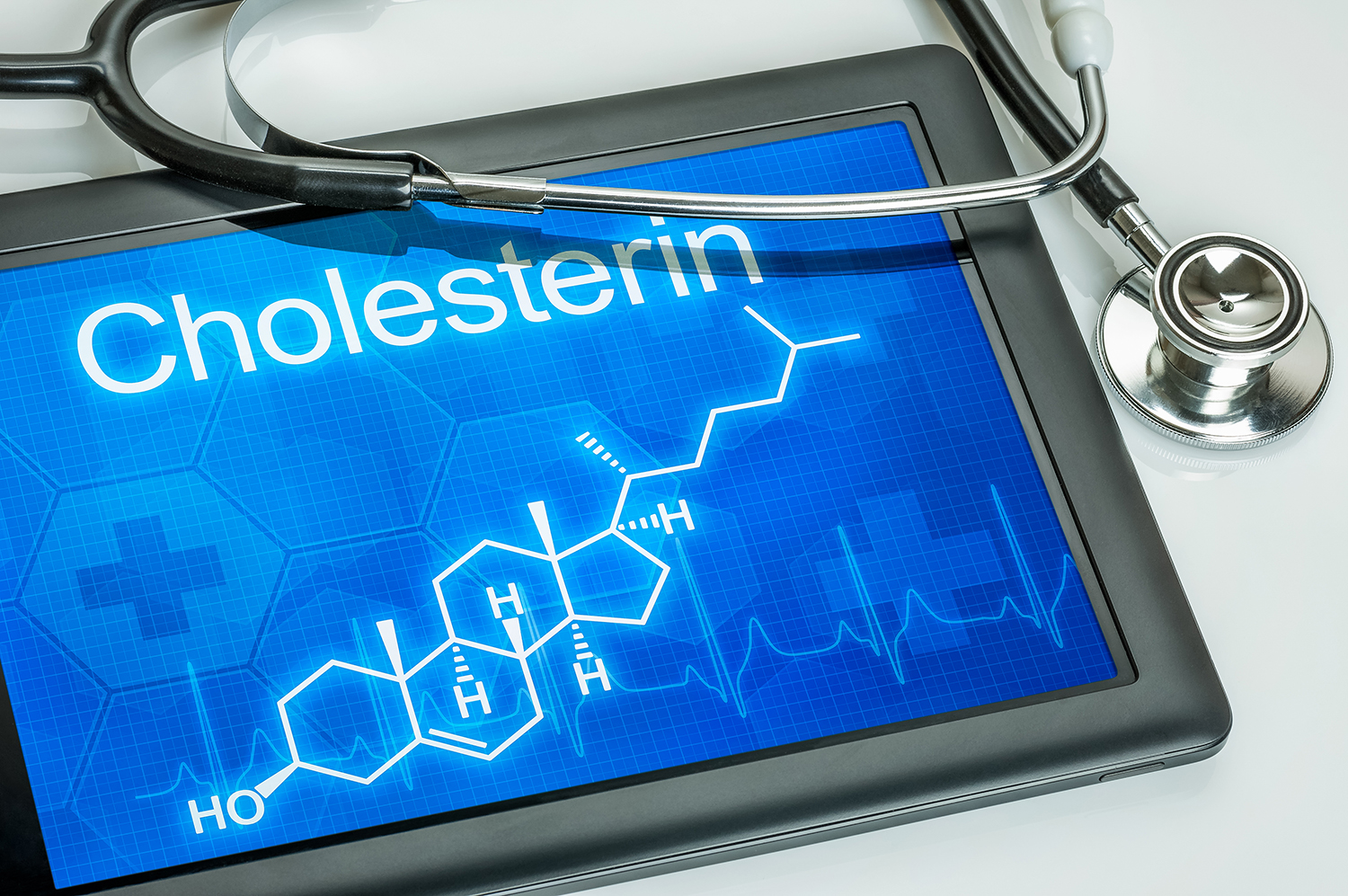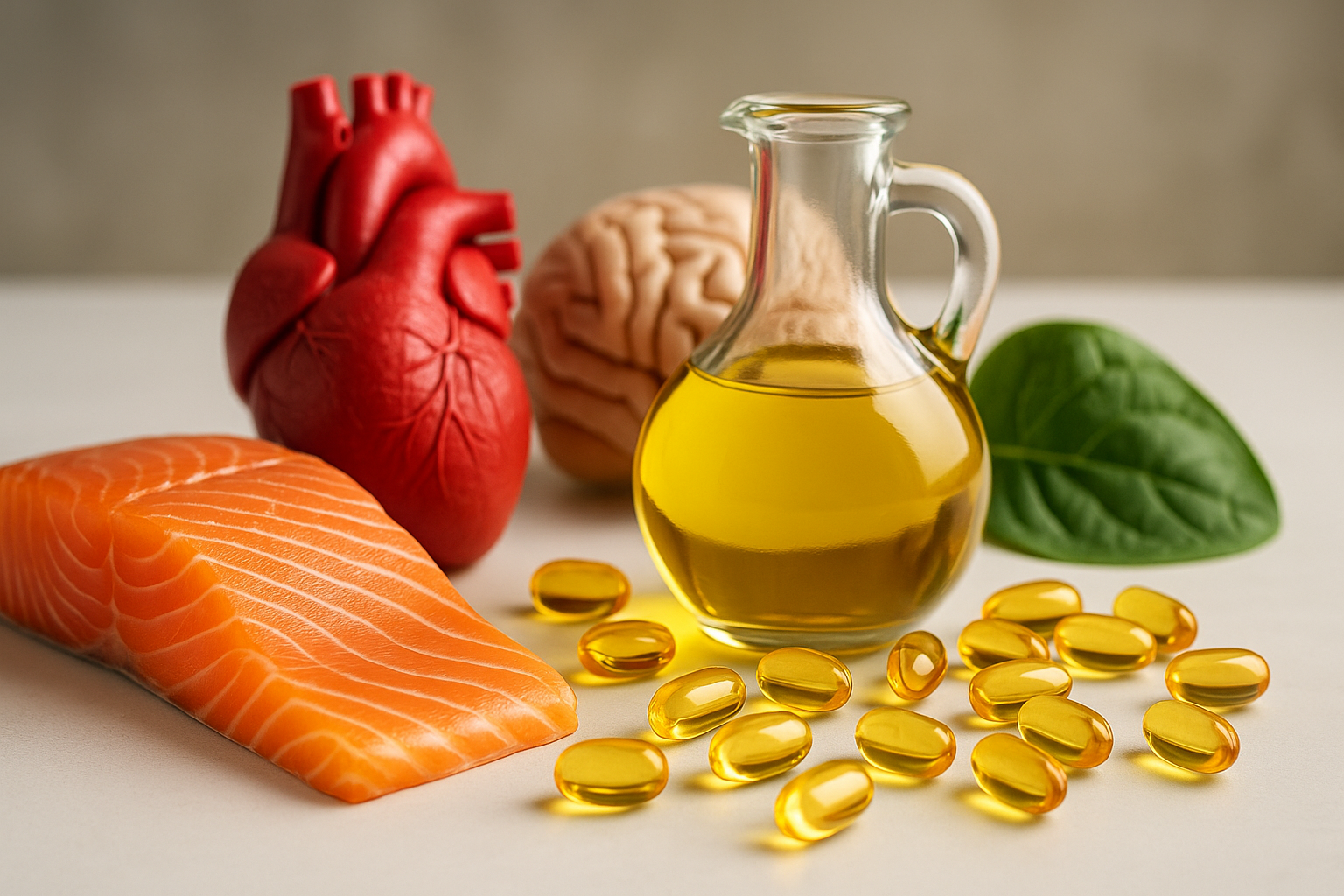
Too much cholesterol in the blood can lead to serious diseases. At the same time, however, cholesterol is an important substance for the human body. You just have to be careful to promote the "right" cholesterol.
There is probably hardly a substance in the human body that is discussed as extensively as cholesterol. The cholesterol level is used as an indicator for cardiovascular diseases, and other serious diseases can also be promoted by too much of these "blood fats".
Natura Vitalis founder Frank Felte (www.naturavitalis.de), however, points out that the discussion should not be simplified and that cholesterol is not bad per se. "Cholesterol is in itself a vital substance that is largely produced by our body itself. It is used, for example, to build cell walls, hormones and a protective layer for the nerves. The substance produced in the liver covers our own needs - even on a completely cholesterol-free diet. The body absorbs additional cholesterol through animal fats." The Essen-based company has long been regarded as one of the leading manufacturers of natural food supplements and attaches great importance to the continuous further and new development of health products on a scientific basis.
The only problem is an excessively high level of LDL cholesterol (low-density lipoprotein), the so-called blood fat, which is largely responsible for the development of vascular calcification. This is because, in contrast to HDL cholesterol (high-density lipoprotein), LDL transports cholesterol from the liver via the blood into the cells; HDL does it the other way round and "frees" the cells from cholesterol. "The following problem can develop in the process: If the cell has enough cholesterol, it rejects the LDL. So it can happen that the LDL floats around in the blood and the blood fat level rises. This, in turn, can become an undesirable health risk in the worst case," says the health expert. That is why LDL is also called "bad cholesterol".
Frank Felte therefore advises lowering LDL cholesterol and increasing HDL levels in the blood - but in a natural way. "Nature has numerous substances ready to positively support cholesterol levels and promote health. These include beta-glucan and omega-3, for example." Beta-glucan belongs to the plant fibres and is found in abundance in cellulose, plants such as oats and barley, as well as in yeast, fungi, algae and some bacteria. The positive effect of beta-glucan on blood lipid levels is clinically well studied and has been shown to lower LDL levels. It is even the subject of an EU project.
Also for omega-3, an essential (i.e. vital) fatty acid that the body cannot produce itself and therefore needs to be supplied, many long-term nutritional studies have shown a very positive effect. "The fatty acids are generally capable of lowering cholesterol by ten percent. However, only the bad LDL cholesterol decreases, while the good HDL cholesterol increases. Omega-3 fatty acids achieve this effect by inhibiting the production of neutral fats and lipoproteins in the liver. They also generally accelerate the breakdown of lipoproteins in the veins and liver."
"So it is immensely important to positively support healthy cholesterol levels early on. Mother Nature has extremely effective plants ready for this. We have combined the most important ones into a worldwide unique recipe in our product 'Cholesterol'," emphasises Frank Felte. In addition to sesame, fenugreek, olive leaves, wild garlic, psyllium husks, artichokes, pectin and ginger, the substance "beta glucan" is found in Cholesterol. 17 randomised, controlled clinical studies attest to beta glucan's outstanding properties when it comes to positively supporting a healthy cholesterol level (Cholesterol).
This text may contain translation errors as the translation was done by
an online translation tool.










